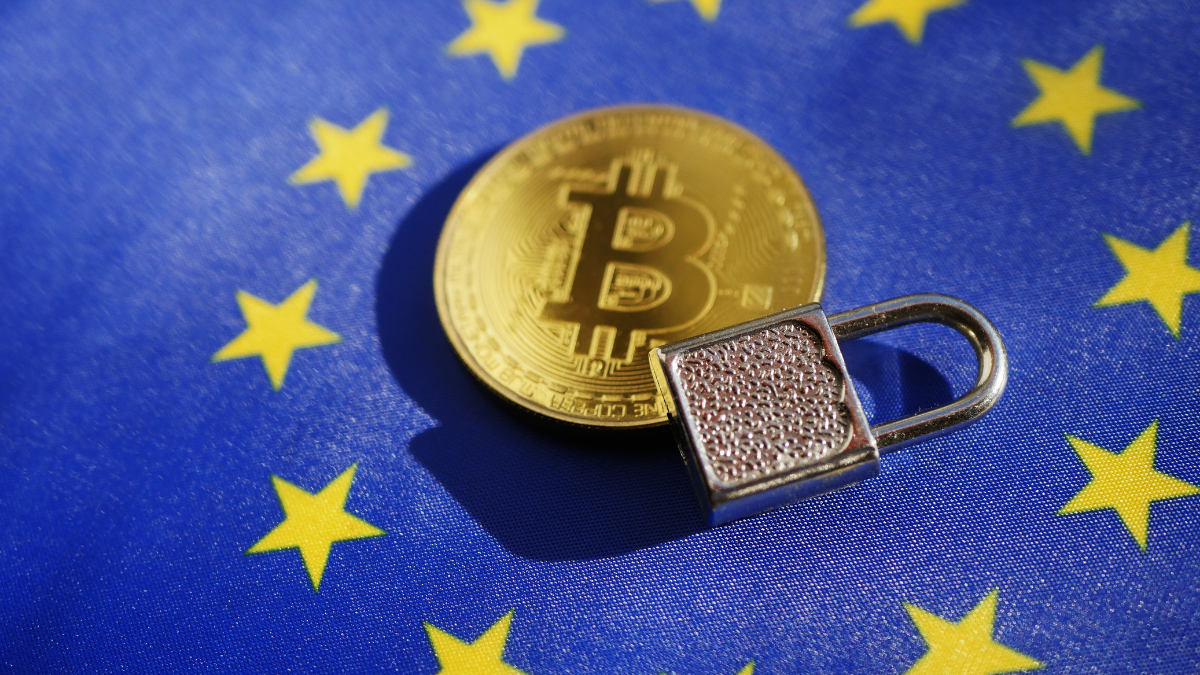With the new laws, the Europe is hardening regulations for the cryptocurrency industry. In a shared statement on April 24, the European Parliament highlighted that Crypto Asset Service Providers (CASP) located in Europe would have to implement strict Know Your Customer (KYC) procedures to combat money laundering after of the thumbs up for the new Anti-Money Laundering Regulations (AMLR).
In its official statement, the European Parliament highlighted:
“The new laws include enhanced due diligence measures and customer identity checks, after which so-called obliged entities (e.g. banks, asset and crypto asset managers or real estate and virtual agents) have to report suspicious activity to FIUs and other competent authorities. .”
In addition, the new legislation it also includes sectors that are not financial, but that are prone to money laundering or terrorist financing, such as gambling and sports clubs. “The European Parliament adopted a package of laws that reinforces the EU’s toolkit to combat money laundering and terrorist financing.”
European Union Adopts Strict Measures Against Anonymous Cryptocurrency Transactions
In a significant move for financial regulation, at the end of March the European Parliament gave the green light to a series of measures aimed at combating money laundering and terrorist financing. The centerpiece of this legislation is the ban on anonymous cryptocurrency transactions through hosted crypto wallets, a step that represents a significant shift in digital currency operations within the European Union.
Aiming to strengthen anti-money laundering (AML) laws, the new set of rules imposes severe restrictions on anonymous payments, limiting cash transactions to €3.000 and completely banning payments above €10.000 in commercial contexts. This decision directly affects custodial wallets provided by third parties, such as centralized cryptocurrency exchanges, which will now come under stricter scrutiny.










